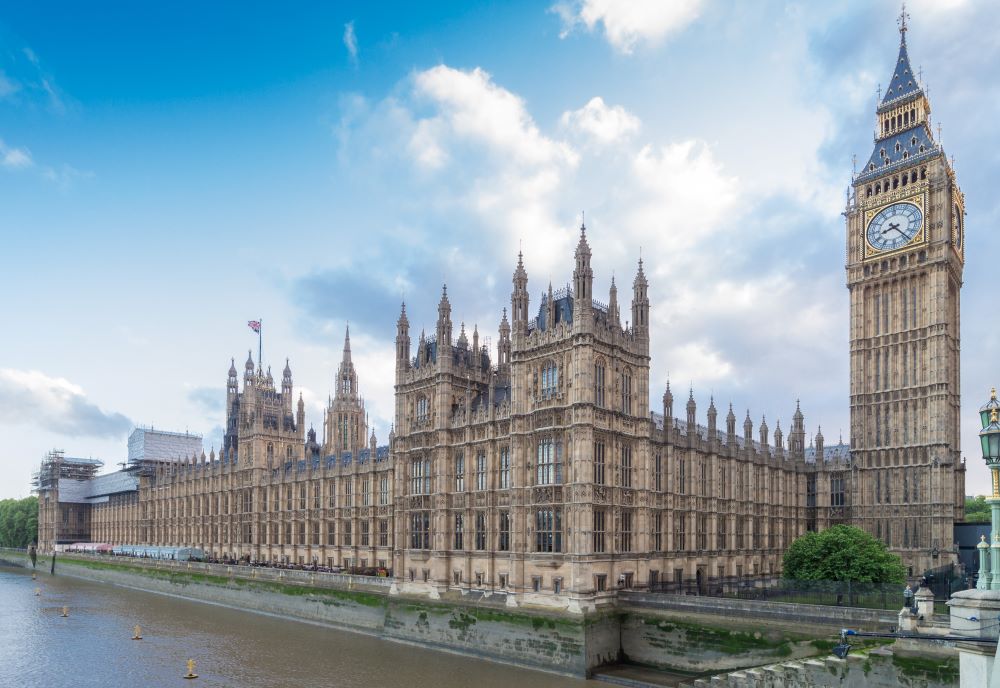
With chancellor Jeremy Hunt set to deliver his Spring Budget tomorrow (15 March), the treasury has dampened hopes of imminent tax cuts, putting the emphasis instead on bringing down inflation and boosting growth.
Hunt is expected to make a number of economic announcements, with changes to the UK customs system and regional economic investment likely to be of interest to international traders.
Regional growth
Following a recent meeting at no 11 Downing Street with top government advisers, director general of the Institute of Export & International Trade Marco Forgione called on the government to take action to support exports with fiscal incentives and to provide specific support for MSMEs.
Forgione also said a more regional approach to developing trade was required to spread the benefits of exporting beyond London and south east England.
In a move aimed at boosting regional economic growth, Hunt is expected to announce “trailblazer” schemes, granting further devolved powers to mayors like Greater Manchester’s Andy Burnham and West Midland’s Andy Street.
‘Mini’ departments
The regional leaders will be handed full control over budgets in areas such as energy infrastructure, transport and skills, under plans to treat local administrations like “mini government departments”, according to the Times.
Another initiative to spread growth is a plan to provide regional investment zones with £80m in tax incentives and funding to help drive key areas such as green business and technology, reports Business Green.
The treasury is set to unveil plans for 12 “high-growth” investment zones in England, Scotland and Northern Ireland.
Customs simplification
According to City AM, Hunt is also set to simplify the UK’s post-Brexit customs system by giving traders six more days to submit documentation relating to cross-border goods movements while making it easier to group documents on a monthly basis.
The move will cut the number of excise authorisations from 42 to five to help a wide range of businesses, including alcohol importers, bring goods into the country more easily.
Investment
According to consultancy De Havilland, the planned corporation tax increase from 19% to 25% will go ahead, but SMEs will continue to pay the lower rate.
The CBI is warning that the chancellor “must act” to prevent investors being spooked by the biggest rise in corporation tax in 50 years, reports the Daily Mail.
However, Reuters reports that Hunt will provide businesses with a three-year tax break worth £11bn by replacing the UK's investment allowance with a new temporary measure.
Back to work
With Hunt talking of “a hard road” to return the UK to prosperity, Channel 4 reports that the chancellor will deliver a “back to work budget” that will look to fill one million job vacancies through a mixture of incentives, including around training.
The budget is expected to offer families help with upfront childcare costs to encourage more to re-enter the workforce, reports ITV.
Energy costs
The BBC reports that more than four million households on prepayment metres are set to save £45-a-year on energy bills with prepayment energy charges brought in line with direct debit.
Energy support is central to the support sought by farmers and food producers in the National Farmers’ Union, reports Farming UK.
NFU president Minette Batters has urged for the extension of the Energy and Trade Intensive Industries (ETII) scheme to include energy intensive sectors such as horticultural and poultry production.
Food industry support
One source told the Grocer that the government’s new Energy Bills Discount Scheme, which kicks in for firms from next month, was “pointless” due to the level of support for food and drink manufacturers.
The food industry wants a bonfire of ‘burdensome’ new regulations, including a veto on the Extended Producer Responsibility (EPR) and the UK’s Deposit Return Scheme (DRS).
Meanwhile, the BRC has also called for a series of tax incentives to stimulate investment in green technology, including solar panels, green fuelled vehicles and R&D.



